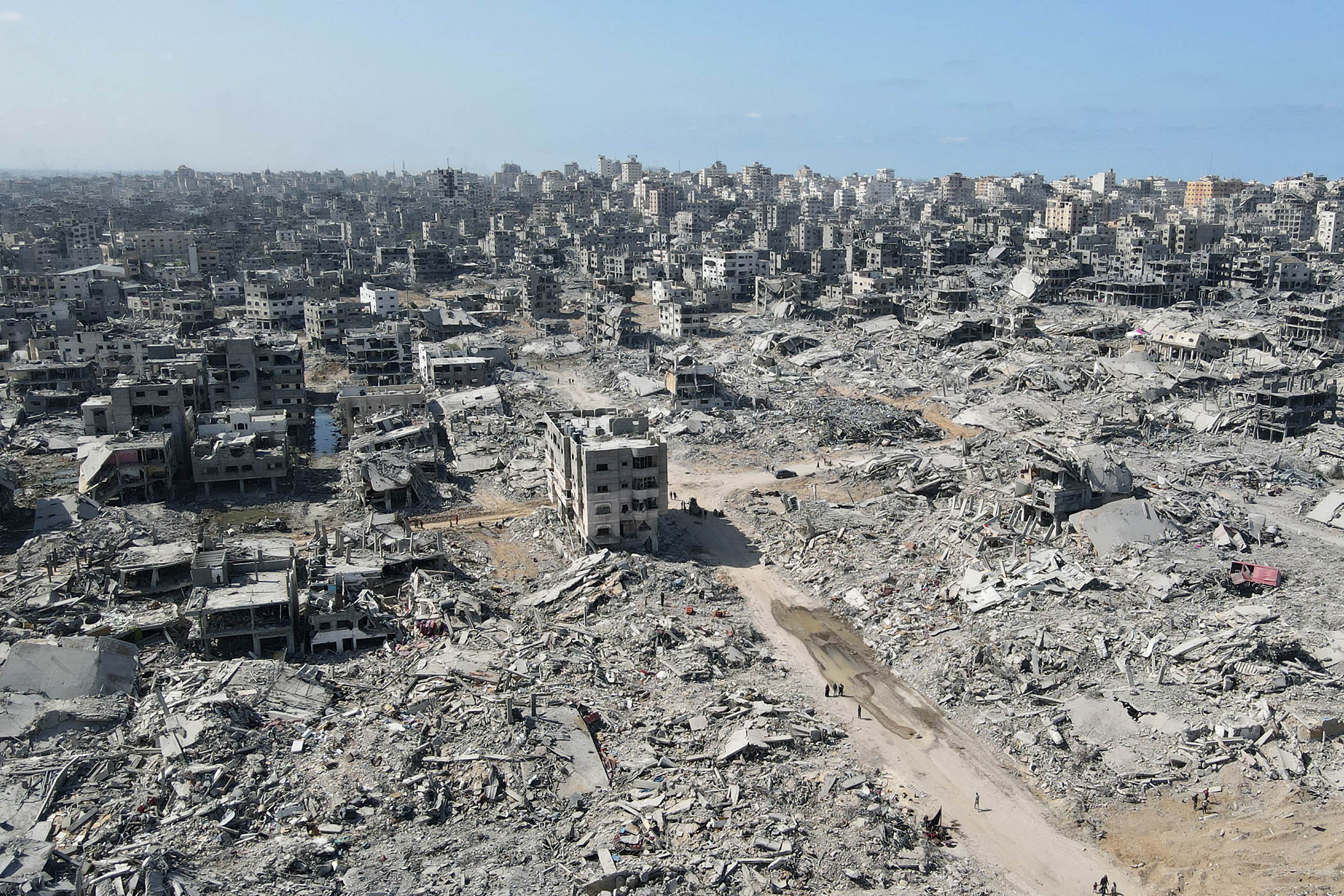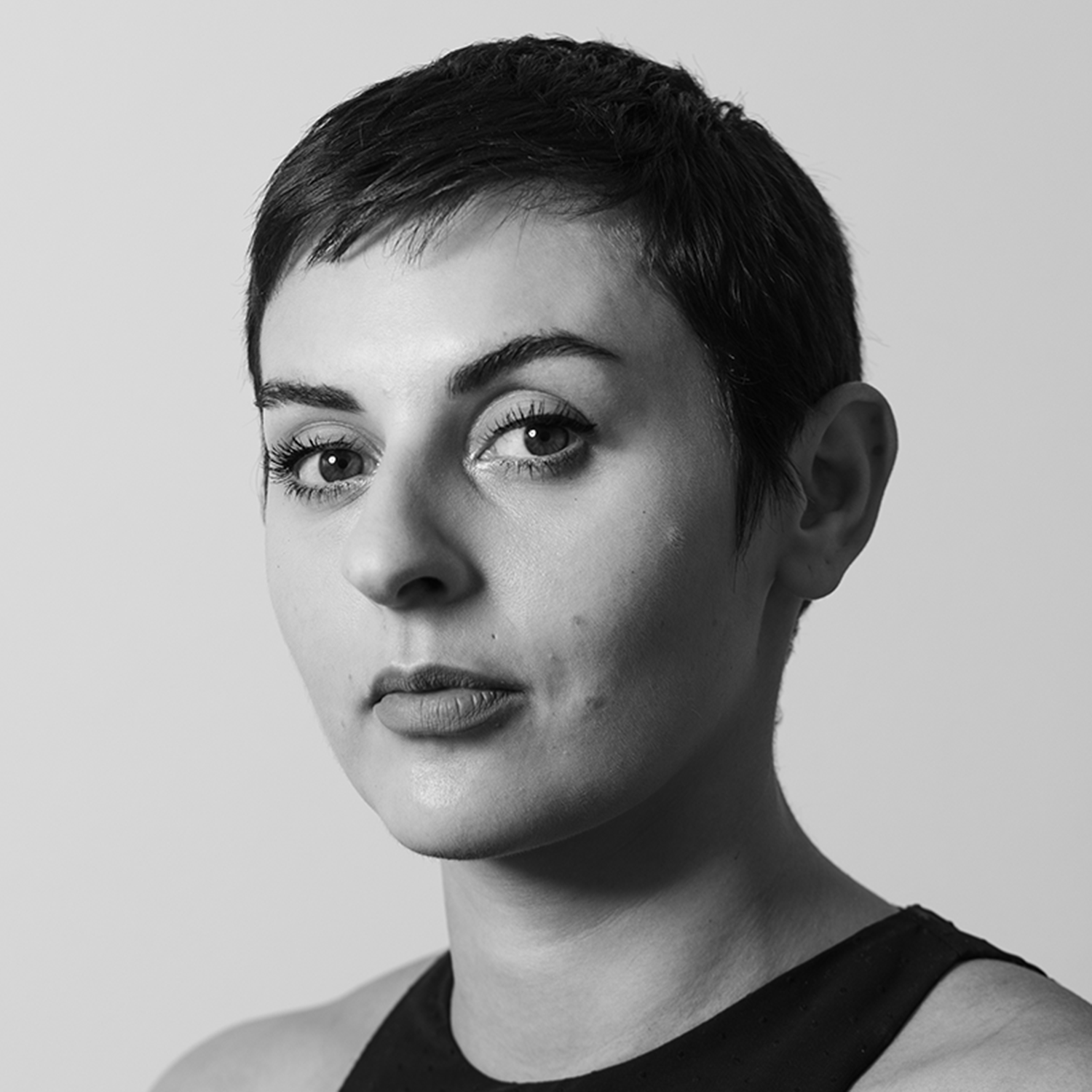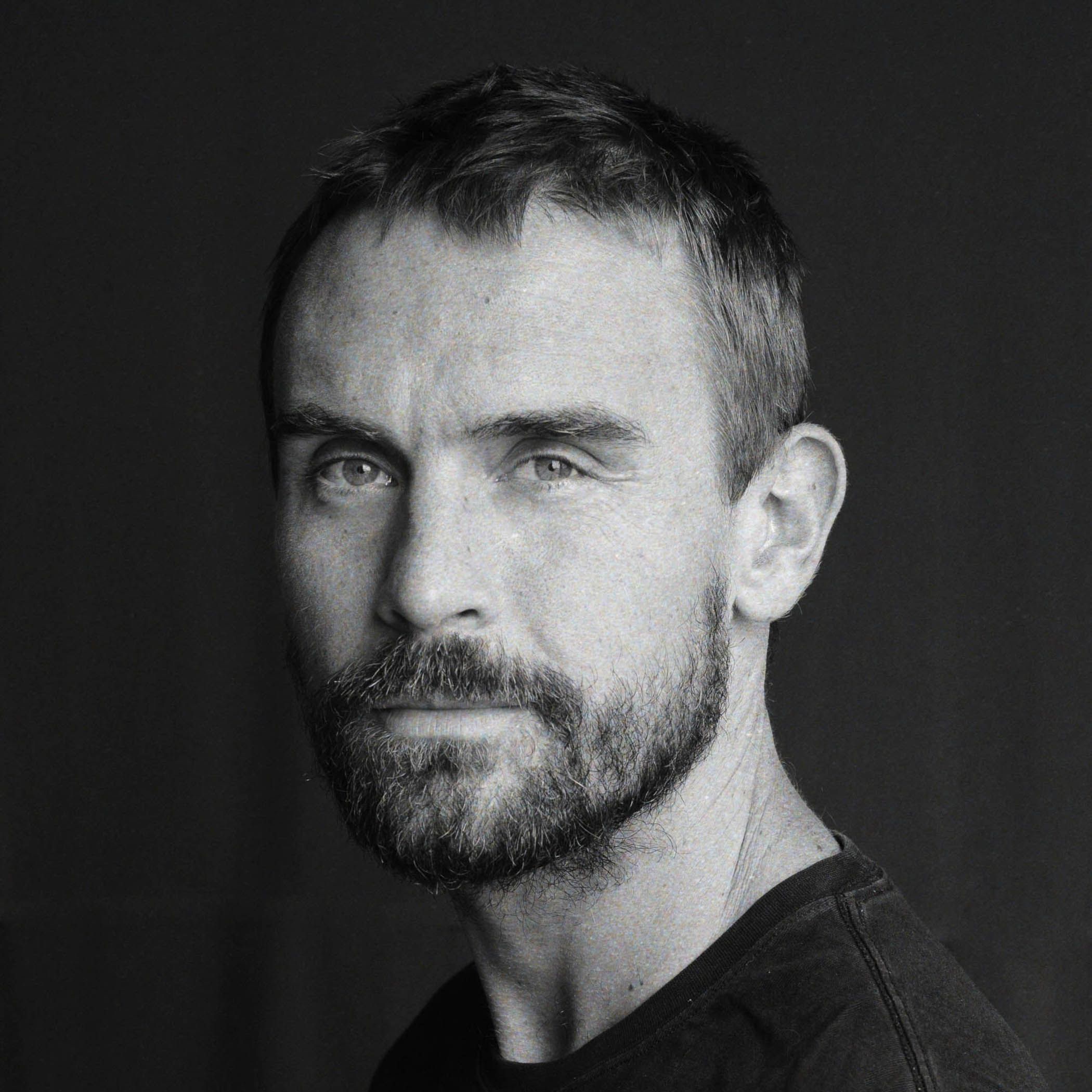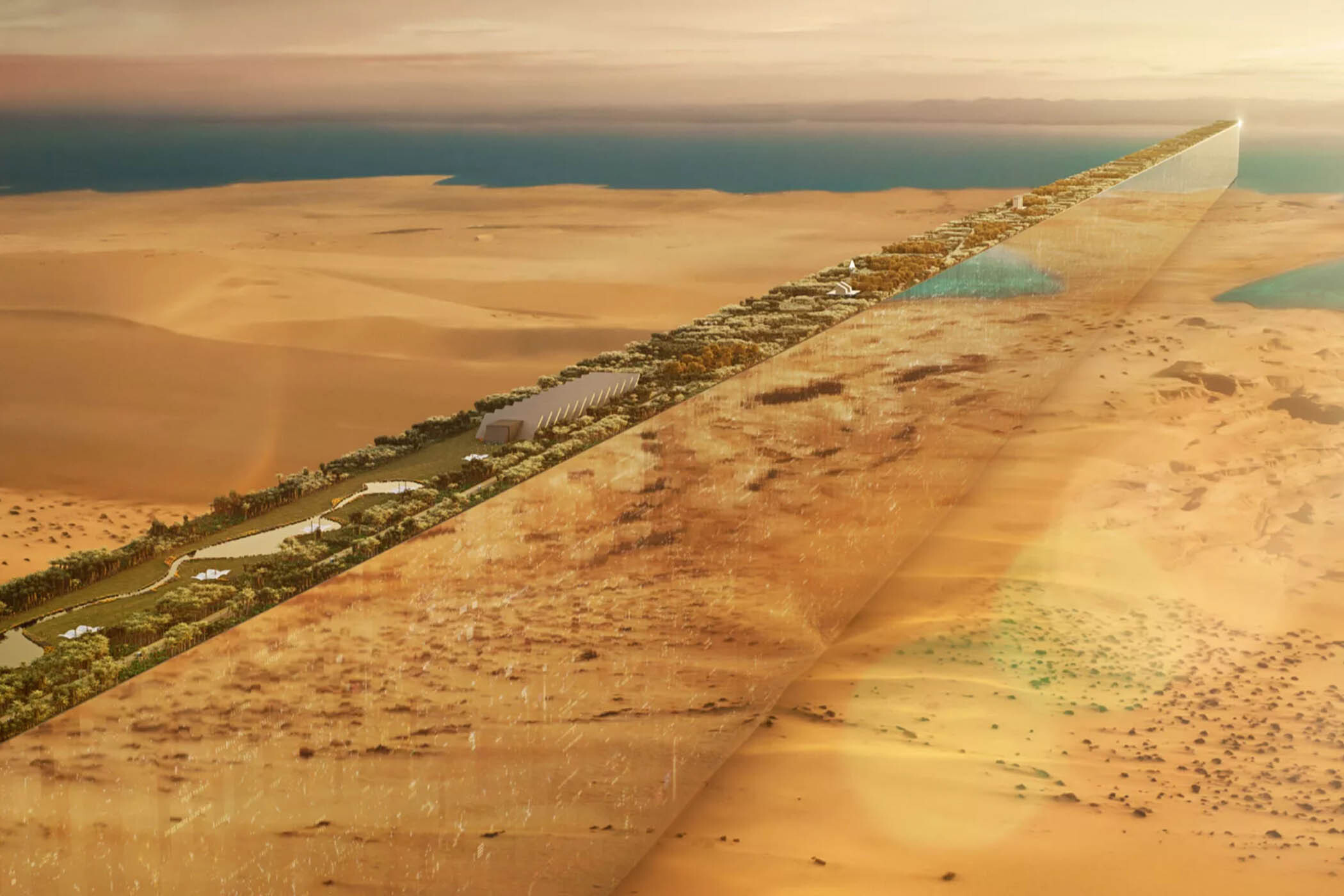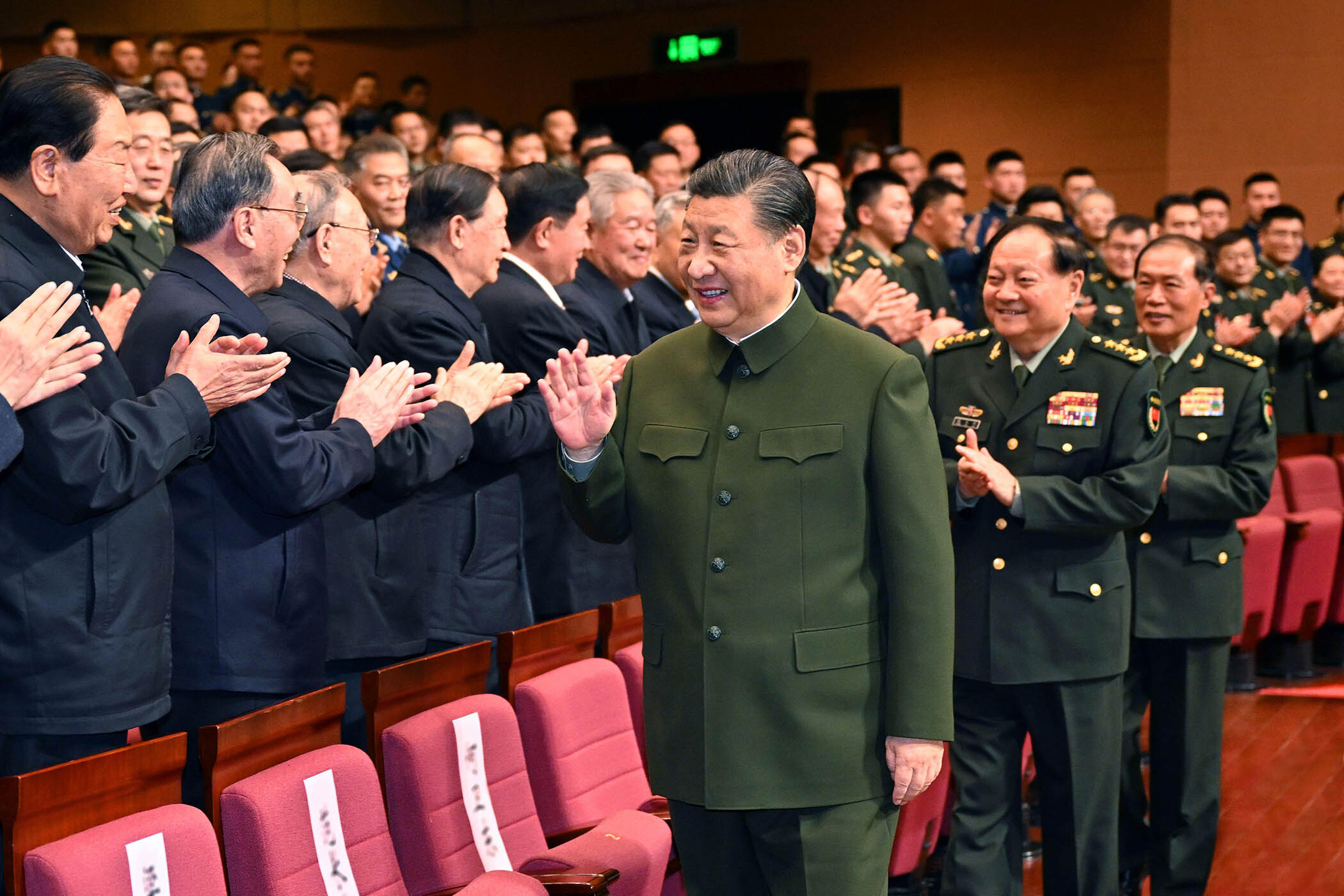The skies over Gaza are, for now, mostly clear. The bombing has abated and the guns have fallen largely silent. What remains after two years of relentless destruction is an appalling human toll and a landscape reduced to rubble.
Rebuilding a metropolis on top of the graveyard that is the Gaza Strip and turning smashed concrete back into towers would intimidate most developers. Not so Ibrahim al-Organi, a tycoon from neighbouring Sinai best known as the head of a company charging Palestinians up to $10,000 to flee the war in Gaza.
In little over a decade, al-Organi has transformed himself from a militia leader fighting forces from Cairo to an Egyptian regime loyalist with a business empire including construction, security and importing BMWs. He has even signed development deals with Belkacem Haftar, the son of Libyan warlord Khalifa Haftar.
"Now he's wearing a suit, but he used to be a thug with an automatic rifle in the Sinai desert," said Mohannad Sabry, the author of Sinai: Egypt's Linchpin, Gaza's Lifeline, Israel's Nightmare. "He was a militia leader protecting cement factories and other major investments in the Sinai. Those origins were the first stage of normalisation between him and the Egyptian state, after he promoted himself to wealthy businesspeople by protecting their investments in the Sinai."
Al-Organi is at the front of a queue of entrepreneurs angling for contracts in a colossal clearance and construction project likely to take decades even if the ceasefire holds.
The UN said last year it could take 30 years to clear the debris. An official with the aid group Humanity&Inclusion said this week that it could take a similar amount of time to clear unexploded ordnance, describing Gaza as a “horrific, unmapped minefield”.
The plan to fix this is straightforward on paper: a Palestinian-led reconstruction, run by the Palestinian Authority in concert with an interim technocratic Gaza administration, funded by a coalition of Arab states, international donors and private capital. The UN, EU and World Bank’s Interim Rapid Damage and Needs Assessment pegs the bill at somewhere between £40 and £60 billion and warns that reconstruction will take years.
The first imperative is humanitarian: get aid in, scale up temporary shelters and clear the immediate crisis before any meaningful construction begins. Infrastructure—hospitals, schools, sewers, water systems, the electricity grid—must be repaired at scale. Only then can private sector assets like ports, crossings and markets be rehabilitated. Then, perhaps three years in, housing and urban plans can be rolled out and large contracts put out to tender.
Related articles:
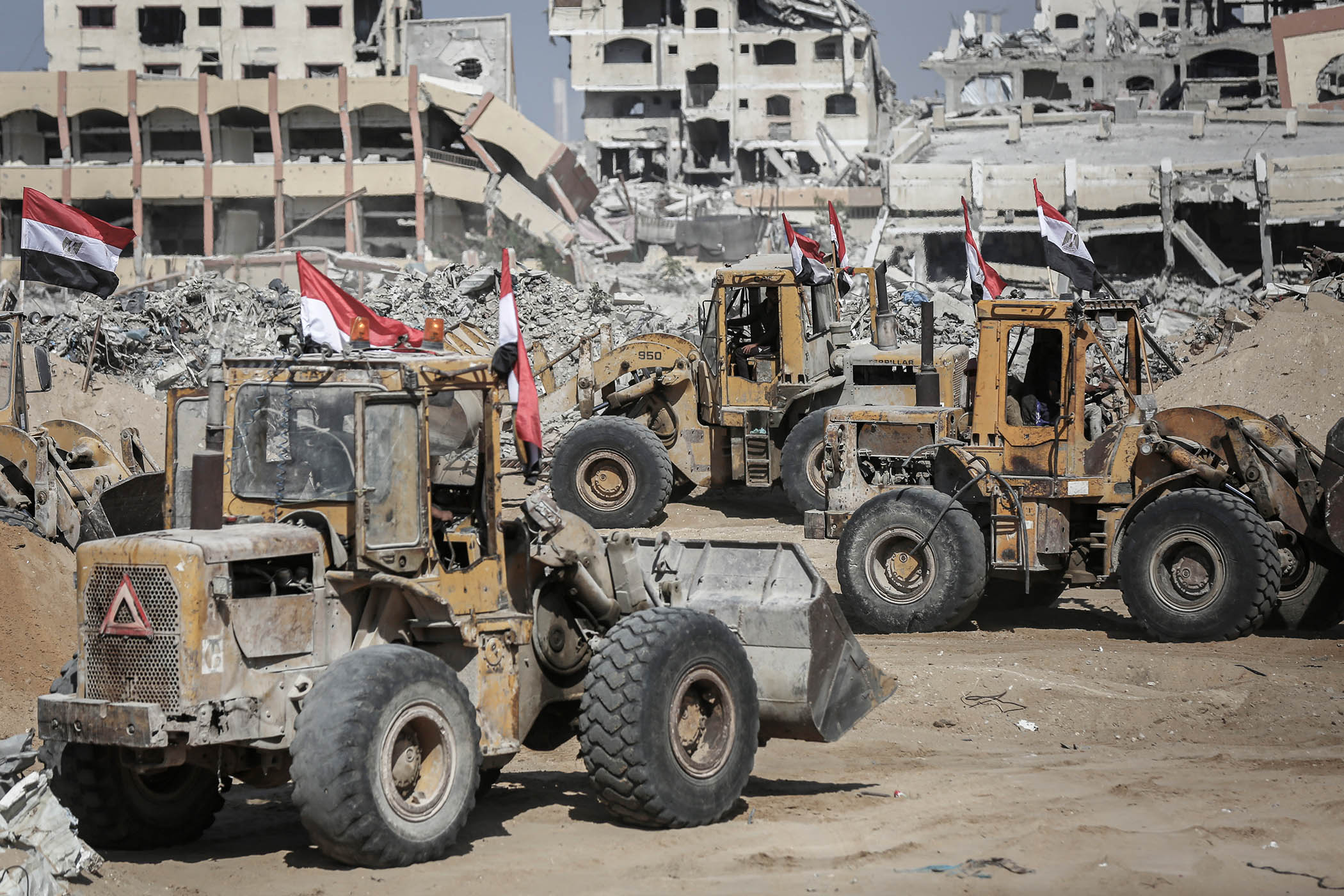
There are two complicating factors: politics and geography. Israel still controls more than half of Gaza and its military presence looms over any plan. Where reconstruction starts - inside or outside the areas under Israeli control - is unresolved.
US President Donald Trump’s advisor and son-in-law, Jared Kushner, has floated a plan that would see only the Israeli-occupied parts of Gaza rebuilt, while leaving those where Hamas is in charge without reconstruction funds.
Newsletters
Choose the newsletters you want to receive
View more
For information about how The Observer protects your data, read our Privacy Policy
“The Israeli government is not in any hurry and Hamas is not to be disarmed anytime soon,” said Salman Shaikh, chief executive of the diplomacy focused political consultancy the Shaikh Group. “That does pose a lot of worries.”
According to Shaikh, divisions and attrition could stall progress, with Palestinians paying the price. Add to that the simple logistical reality that large-scale reconstruction requires predictable, high-volume crossings for materials and machinery. Without Israeli cooperation at the crossings, projects will stall before they begin. In practice this is where neighbouring Egypt becomes indispensable; it sits at the Rafah crossing and controls one of the few viable lifelines for materials and people. Which explains why Egyptian actors are positioning themselves to drive the recovery.
In 2022 Al-Organi was appointed one of two non-governmental members of the Sinai Development Authority by Egyptian president Abdel-Fatah al-Sisi. His Organi Group then hired several former Egyptian ministers and intelligence officials to head its collection of real estate, security and construction companies. Al-Organi makes his allegiance to the Egyptian regime plain: already the face of state-backed construction in the Sinai Peninsula, last year he announced the construction of a sprawling development in the southern part of the Egyptian city of Rafah. He named it Sisi City.
Al-Organi and other Egyptian businesspeople “have a legitimate reason to be driving this because of their proximity and potentially the kind of resource transfer, the materials and everything else that could be coming through that route, if that is allowed,” Shaikh said. “As well as taking out the rubble.”
The Organi Group did not respond to a request for comment.
Returning from a tour of Kuwait, Qatar and Oman on Friday, Turkish President Recep Tayyip Erdoğan said no country could rebuild Gaza alone. “This is not an easy task,” he said. “Hopefully, we will undertake this step collectively, particularly with the Gulf countries”.
Gulf states may be reluctant to get involved in reconstruction absent a durable solution to the Israeli-Palestinian conflict.
Israel’s cooperation in the rebuilding of Gaza is hugely important, and its permission for huge volumes of construction materials and machinery to enter Gaza is essential for large-scale reconstruction. Without predictable crossings, projects stall.
The moral and strategic calculus is stark. To rebuild Gaza at scale will require actors who can clear rubble, move materials and marshal labour under dangerous conditions—functions states often outsource to private firms with mixed records. That reality, combined with geopolitical hesitancy, risks entrenching new power brokers even as the physical task of reconstruction begins.
"Egypt is not going to send soldiers to oversee reconstruction, or have the engineer children of ministers walk through rubble filled with unexploded ordnance but they still need people to do this on the ground. How best to find people to exploit the hunger for criminality: Send in al-Organi, who has been doing it for decades," said Sabry. "He fits perfectly in such an environment."
Photographs by Ahmad Salem/Getty
